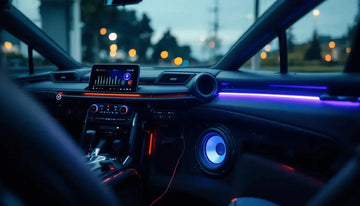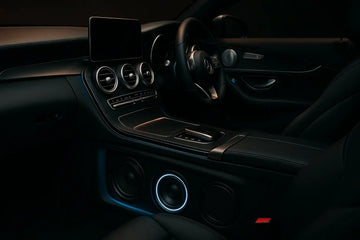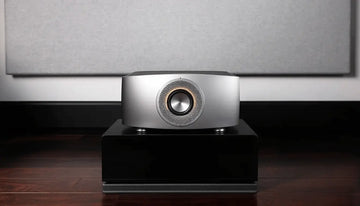Choosing the Right Car Speakers
Interactive Guide & Comparison Tool 2025
Quick Speaker Finder
Answer a few questions to get personalized speaker recommendations
Speaker Types Comparison
Understanding the differences between coaxial and component speakers
Coaxial Speakers
All-in-one design
Component Speakers
Separate drivers
Performance Comparison
Vehicle Compatibility Checker
Find the perfect speaker size and fit for your specific vehicle
Sound Quality Analysis
Understanding frequency response and power handling
Frequency Response Comparison
Component speakers typically provide better frequency separation
Power Handling Guide
Installation Difficulty Guide
Choose speakers that match your installation skills
Easy Installation
Perfect for beginners
Best For:
- Coaxial speakers
- Factory replacement
- Plug-and-play
Time Required:
1-2 hours
Tools Needed:
- Basic screwdriver
- Panel removal tool
Medium Installation
Some experience helpful
Best For:
- Component systems
- Custom mounting
- Wiring modifications
Time Required:
3-5 hours
Tools Needed:
- Wire strippers
- Drill & bits
- Multimeter
Advanced Installation
Expert level recommended
Best For:
- Full system rebuild
- Custom fabrication
- Professional results
Time Required:
6+ hours
Recommendation:
Consider professional installation
Top Speaker Recommendations 2025
Curated selections for every budget and skill level
Budget Champion
Best value under $150
- Easy installation
- Factory upgrade
- Good sound improvement
- Multiple sizes available
Most Popular
Best balance of quality & price
- Excellent sound quality
- Separate tweeters
- Crossover networks
- Custom placement
Premium Choice
Audiophile-grade performance
- Reference quality
- Premium materials
- Advanced crossovers
- Precision engineering
Complete Selection Process
Follow these steps to choose the perfect speakers
Assess Your Current System
Start by evaluating what you currently have and identifying what needs improvement.
Key Questions to Ask:
- • What's your current head unit's power output?
- • Which speakers sound weak or distorted?
- • Do you have a separate amplifier?
- • What's your listening preference (rock, jazz, hip-hop)?
Determine Your Budget
Set realistic expectations based on your investment level.
$50-150
Noticeable improvement over factory
$150-400
Significant quality upgrade
$400+
Reference-quality sound
Check Vehicle Compatibility
Ensure your chosen speakers will fit properly and connect correctly.
Critical Measurements:
Choose Speaker Type
Decide between coaxial and component based on your goals and skill level.
Choose Coaxial If:
- • Easy installation is priority
- • Budget is under $200
- • Factory replacement needed
- • Limited modification allowed
Choose Component If:
- • Sound quality is priority
- • Custom installation OK
- • Higher budget available
- • Want optimal sound staging
Plan Installation
Decide whether to install yourself or seek professional help.
DIY Installation:
- • Simple coaxial replacement
- • Basic tools available
- • Comfortable with car panels
- • No custom work needed
Professional Installation:
- • Component systems
- • Custom mounting required
- • Wiring modifications
- • Warranty protection desired
Ready to Upgrade Your Car Audio?
Browse our complete selection of car speakers and find the perfect match for your vehicle.
Shop All Car SpeakersFrequently Asked Questions
Get answers to common car speaker questions





